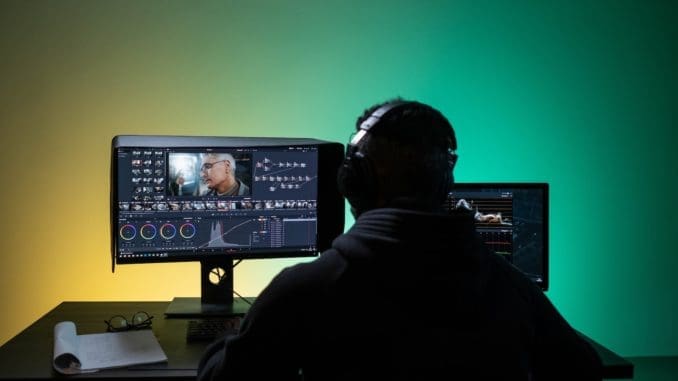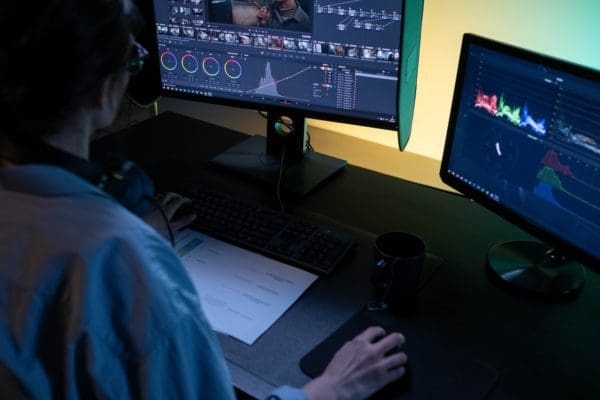
As far as cinema is concerned, there is nothing more complex and necessary for the making of a film than editing. It requires precision and a lot of patience as it is constantly reviewing the footage that is shot during the production. It is the final decisions taken on the editing table that end up deciding the way a film looks. But it is much more technical than other elements of filmmaking such as direction and writing. And it was considered that the best way to enter the film industry was writing. But it has become a very populated and common way to gain access. The industry often needs self-sufficient individuals that are bold and can effectively use the budgets allocated to them. But editing requires a specific number of skills and experience that starts as a hobby. The ability to make content more generally appealing, to minimise errors and give a sense of uniformity to the content. There is a huge demand for technically sound and dedicated video editors in the industry currently, more than writers or directors as this has a high skill requirement. But it is not recognized as an art that commands equal respect. In India, there is a huge misconception amongst laymen that the director and cinematographers are the people who make a film a success. This is mainly because these roles are more in the spotlight. But the way a film is cut and edited together is a major part of post-production. No film can ever exist without editing.

Nowadays, many individuals that attempt to enter the industry, start their own YouTube channels. They end up becoming this all rounder that the production studios require. Even editing their own content has become the responsibility of these Youtubers and influencers. The competition has become such. More than short films and music videos, the studios want to see the influence and respect commanded by these individuals. They need people who have worked in various fields of film production, in order to bankroll projects headed by them. That is where editing comes in as this multifaceted skill that all producers would love on their potential candidate’s resume.
Editing cannot be learned. It is similar to photography and painting. No one can teach you how to edit. You can only learn about the tools that are used in editing. How you deploy them and how you make changes to the footage determines the quality of the editor in you. The mental and physical demands of an editing job is enough to drain all the creativity and glamour that invitingly makes every film enthusiast dream about making films. It is strenuous and never ending. The unfamiliarity the general public has with the art of editing also works in this retrospect. Many people have often confused VFX with film editing. Many people working in the industry have the belief that editing can change anything and everything, which prompts them to not go for extra takes or plan shot lists properly.
But editors have a generally better footing as far as financial matters are concerned. Since the film industry does not guarantee any form of security or success, video editing as a career option does give more stability than an assistant director or a screenwriter. Since editors also can accept work from various sources of media, they are always in demand. A well-built portfolio of work can help the editor collaborate with production studios and kick start their career in cinema. It definitely makes more sense than running around from one set to another as an underpaid and ignored assistant director. It also makes more sense than a screenwriter visiting a long line of producers with a bag of scripts.

Coming back to the multifaceted nature of an editor, they have to understand the film just as much as the writer does. The soul and structure of the film is entirely in the editor’s hands. The cinematographers can give you multiple shots of the same scene. But the editor has to find the most apt and interesting shots to include in the final output. The director’s vision becomes most realised with the editor as both have to work together as a team to carve a film out of the plethora of footage shot during production. Therefore, an editor can be a good director and writer as well. Thereby, making them the formidable allrounders any production house would love to back with funds for their dream project.

Be the first to comment